Want to learn how to naturally control common garden pests? We have your back.
Gardens are a haven for plants, but they can also attract unwanted visitors—garden pests. Dealing with pests is a common challenge for gardeners, but resorting to harmful chemicals isn’t the only solution.
In this blog post, we will explore some of the most common garden pests and provide you with effective, natural methods to control and prevent their damage.
Identifying common garden pests
To effectively combat garden pests, it’s essential to identify the culprits. Here are some common garden pests you may encounter:
1. Aphids: These tiny insects suck sap from plants, causing leaves to curl and distort.
2. Slugs and snails: They chew through leaves and stems, leaving behind a slimy trail.
3. Caterpillars: They consume foliage, leaving holes and damaging young plants.
4. Whiteflies: These small, white-winged insects weaken plants by sucking sap.
5. Spider mites: Almost invisible to the naked eye, they create webbing and cause yellowing leaves.
Natural pest control methods
Now, let’s dive into effective and environmentally friendly ways to control garden pests:
Handpicking:
For larger pests like slugs, snails, and caterpillars, manually remove them from plants and dispose of them away from the garden.
Beneficial insects:
Attract natural predators like ladybugs, lacewings, and praying mantises to your garden. These beneficial insects feed on garden pests and help maintain a balanced ecosystem.
Companion planting:
Certain plants have natural pest-repellent properties. For example, marigolds can deter aphids and nematodes, while basil can repel mosquitoes and flies.
Neem oil:
A natural insecticide derived from the neem tree, neem oil disrupts the pests’ life cycle and acts as a repellent.
Homemade sprays:
Create homemade sprays using ingredients like garlic, hot peppers, or soap. These concoctions can deter pests and protect your plants.
Physical barriers:
Use row covers or nets to physically block pests from reaching your plants.
Crop rotation:
Rotating your crops from season to season helps disrupt pest life cycles, reducing infestation risks.
Soil health:
Maintain healthy soil through proper composting and mulching. Strong and well-nourished plants are more resistant to pests.
FAQs
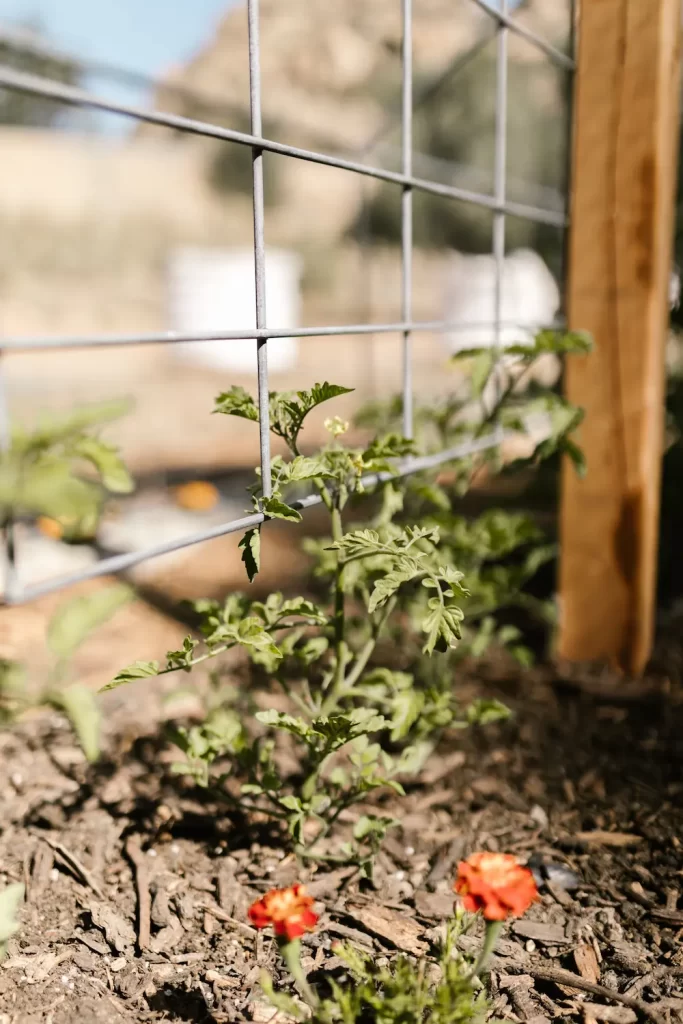

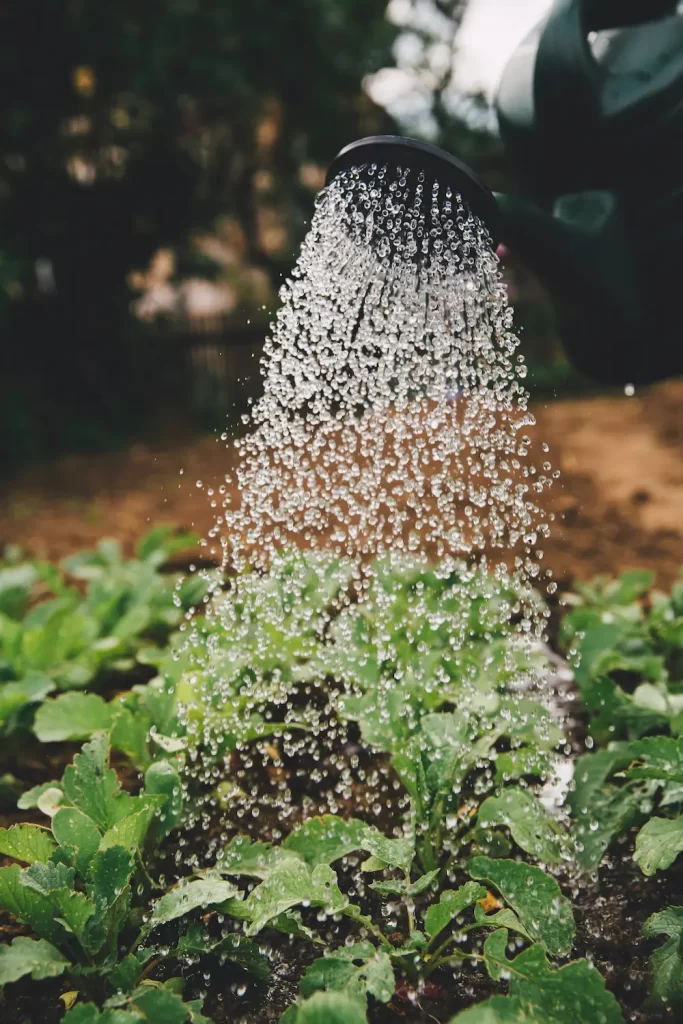
Are all garden pests harmful to plants?
No, not all garden pests cause significant damage. Some pests are beneficial or have minimal impact on plant health. It’s important to identify the harmful ones and take appropriate action.
Can I use chemical pesticides alongside natural methods?
It is best to avoid using chemical pesticides if possible, as they can harm beneficial insects and pollinators. However, if the situation is severe, use organic-approved pesticides sparingly and strictly according to instructions.
How can I prevent pests from infesting my garden?
Implement preventive measures like regularly inspecting plants for signs of pests, maintaining garden hygiene, practicing proper watering techniques, and providing adequate spacing between plants to improve air circulation.
Is it possible to control pests without harming the environment?
Yes, by adopting natural pest control methods mentioned in this blog, you can protect your plants without harming the environment. These methods are safe, effective, and sustainable.
Hey… you! Want to learn more about gardening in that cute apartment of yours? Check out how to create a beautiful garden with limited space.

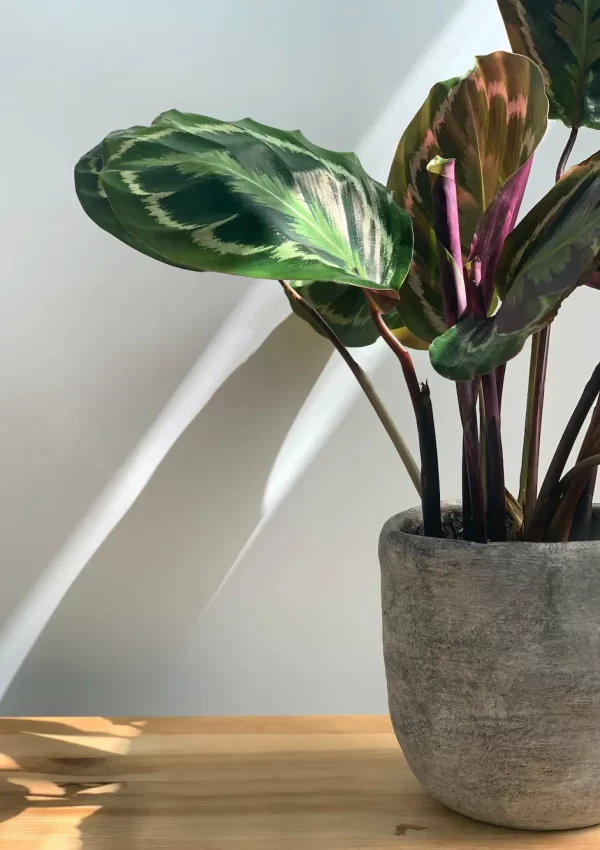
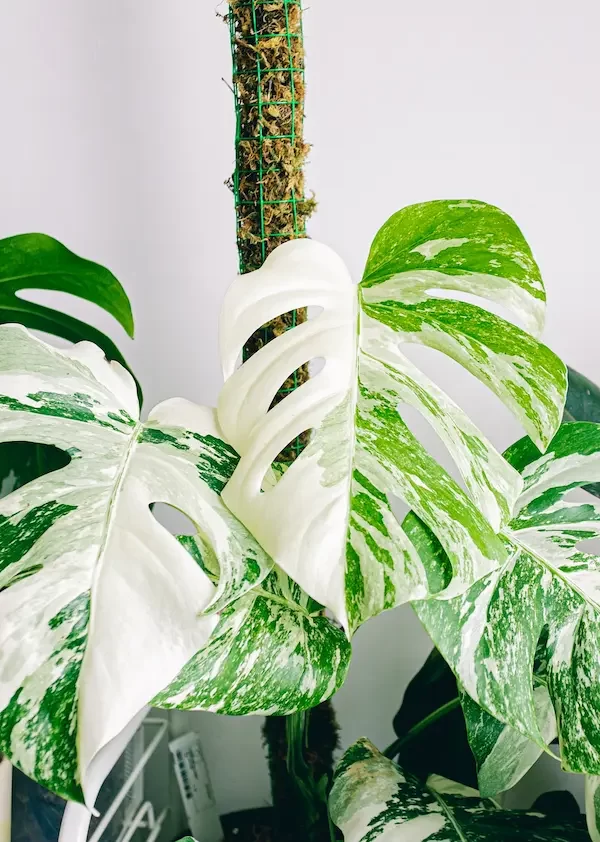
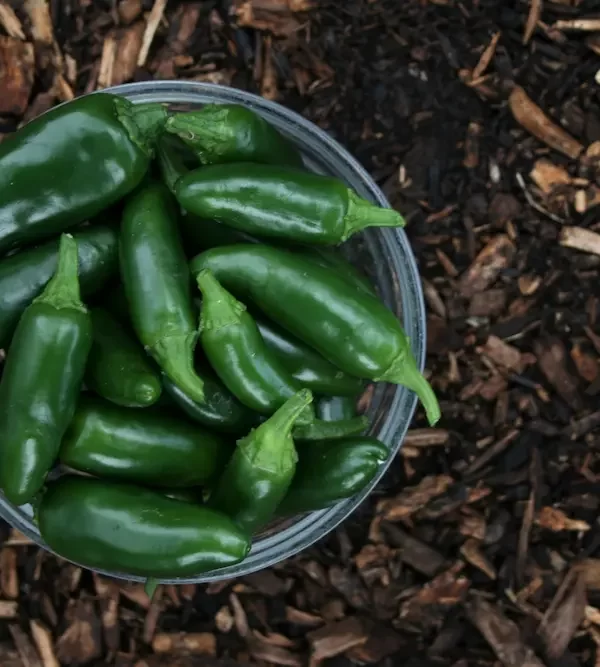
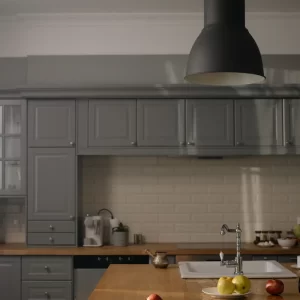

Leave a Reply